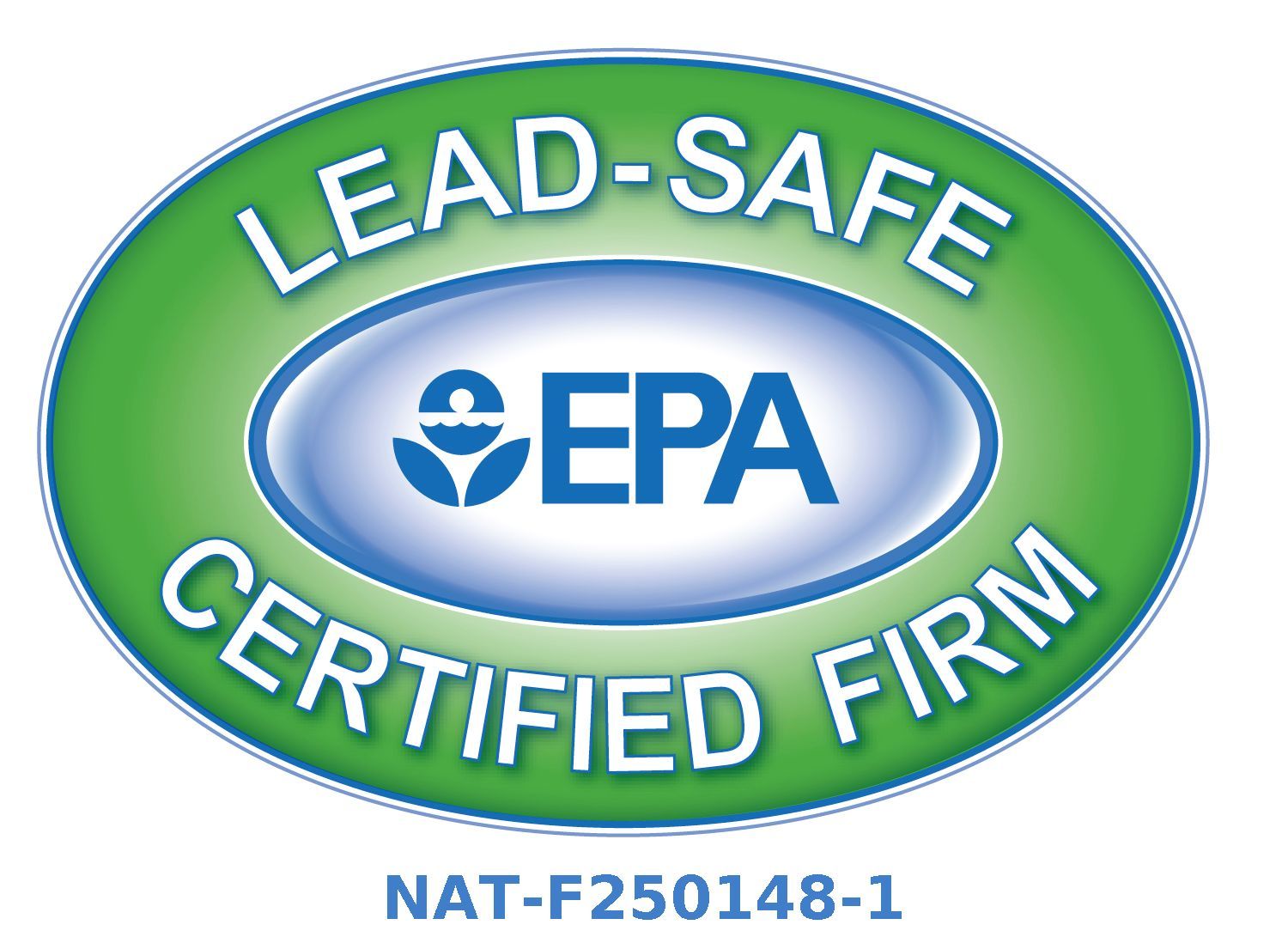FDIC Insured Trust Accounts
Fiduciary account for FDIC insurance purposes

If the property manager is making its client’s/homeowner’s mortgage payments but is not licensed as a mortgage servicer under Hawaii law (Hawaii Revised Statutes Chapter 454M Mortgage Servicers), that could disqualify property manager from the mortgage servicing account provision of FDIC insurance.
If the property manager is more likely a fiduciary account for FDIC insurance purposes, see below.
FIDUCIARY ACCOUNTS
What are fiduciary accounts?
Fiduciary accounts are deposit accounts owned by one party but held in a fiduciary capacity by another party. Fiduciary relationships may include, but are not limited to, an agent, nominee, guardian, executor or custodian. Common fiduciary accounts include Uniform Transfers to Minors Act accounts, escrow accounts, Interest On Lawyer Trust Accounts and deposit accounts obtained through a broker.
What are the FDIC requirements for fiduciary accounts?
The fiduciary nature of the account must be disclosed in the bank’s deposit account records (e.g., “Jane Doe as Custodian for Susie Doe” or “First Real Estate Title Company, Client Escrow Account”). The name and ownership interest of each owner must be ascertainable from the deposit account records of the insured bank or from records maintained by the agent (or by some person or entity that has agreed to maintain records for the agent). Special disclosure rules apply to multi-tiered fiduciary relationships. If an agent pools the deposits of several owners into one account and the disclosure rules are satisfied, the deposits of each owner will be insured as that owner’s deposits.
How does the FDIC insure funds deposited by a fiduciary?
Funds deposited by a fiduciary on behalf of a person or entity (the owner) are insured as the deposits of the owner if the disclosure requirements for fiduciary accounts are met.
Are funds deposited by a fiduciary insured separately from an owner’s other deposit accounts at the same bank?
Funds deposited by a fiduciary on behalf of a person or entity (the owner) are added to any other deposits the owner holds in the same ownership category at the same bank, and insured up to the applicable limit. For example, a broker purchases a CD for $250,000 on a customer’s behalf at ABC Bank. The customer already has a checking account in his or her name at ABC Bank for $15,000. The two accounts are added together and insured up to $250,000 in the single ownership account category. Since the customer’s single ownership deposits total $265,000, $15,000 is uninsured.
MORTGAGE SERVICING ACCOUNTS
How are Mortgage Servicing Accounts Insured?
Mortgage Servicing Accounts are accounts maintained by a mortgage servicer, in a custodial or other fiduciary capacity, which are composed of payments by mortgagors (borrowers) of principal and interest (P&I). The cumulative balance paid into the account by the mortgagors is insured, with coverage provided to the mortgage investors, for up to $250,000 per mortgagor. The calculation of coverage for each P&I account is separate if the mortgage servicer or mortgage investor has established multiple P&I accounts in the same bank. For example, a mortgage servicer collects from 1,000 different borrowers their monthly mortgage payments of $2,000 (P&I) and places the funds into a mortgage servicing account. Is the $2,000,000 aggregate balance in the mortgage servicing account insured? Yes, the account is fully insured to the mortgagees because each mortgagor’s payment of $2,000 (P&I) is insured separately for up to $250,000. Although mortgage servicers often collect and escrow tax and insurance (T&I), these accounts are separately maintained and not considered mortgage servicing accounts for deposit insurance purposes. T&I deposits belong to the mortgagors pending payment of their real estate taxes and/or property insurance premium to the taxing authority or insurance company. The T&I deposits are insured on a “pass-through” basis to the mortgagors.
My take for One Team Realty, LLC
The security deposit account is the one in question here. We hold all security deposit in a trust account labeled "One Team Realty, LLC Client Escrow Account" for all tenants. I beleive we mean the intent of the FDIC insurance for Fiduciary Accounts and should be covered by FDIC insurance even if we go over the $250k limit set forth by the FDIC insurance. The money belongs to the tenants until such timea s it is returned to them after move out or forfeited and moved to a checking account to pay out for damages.












